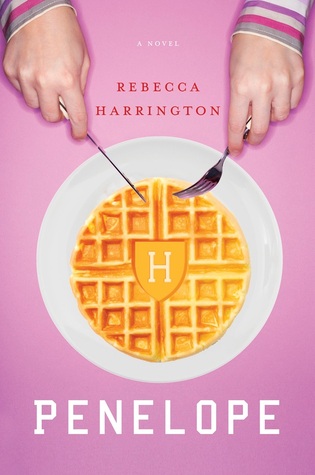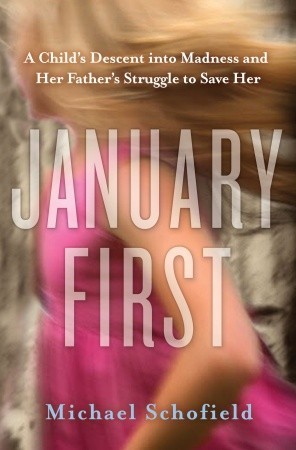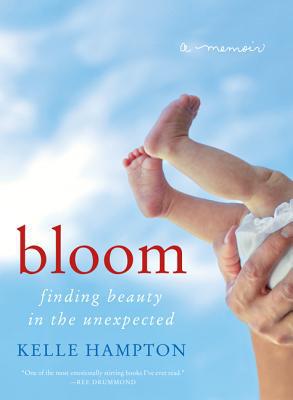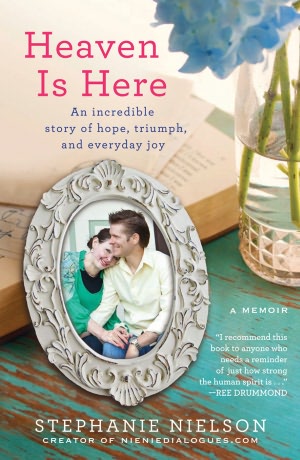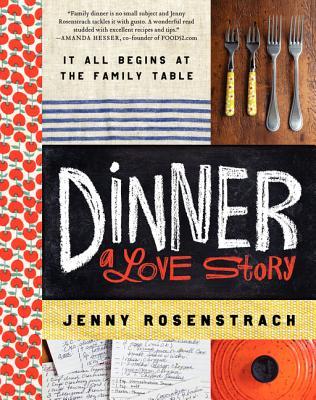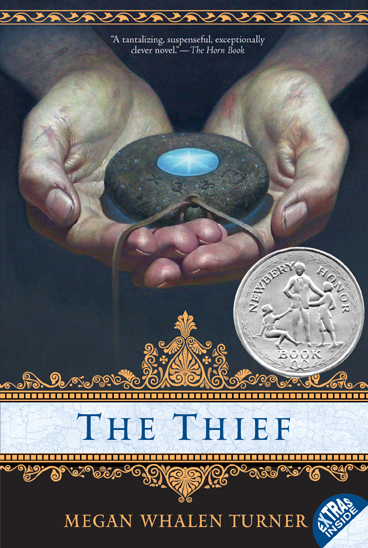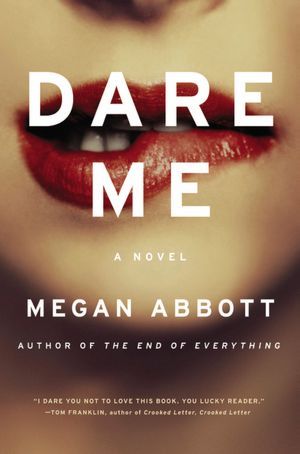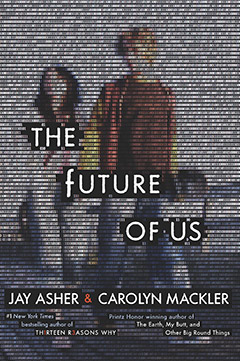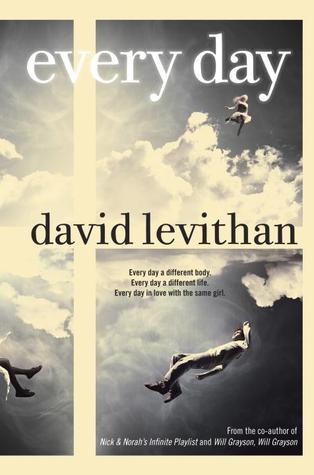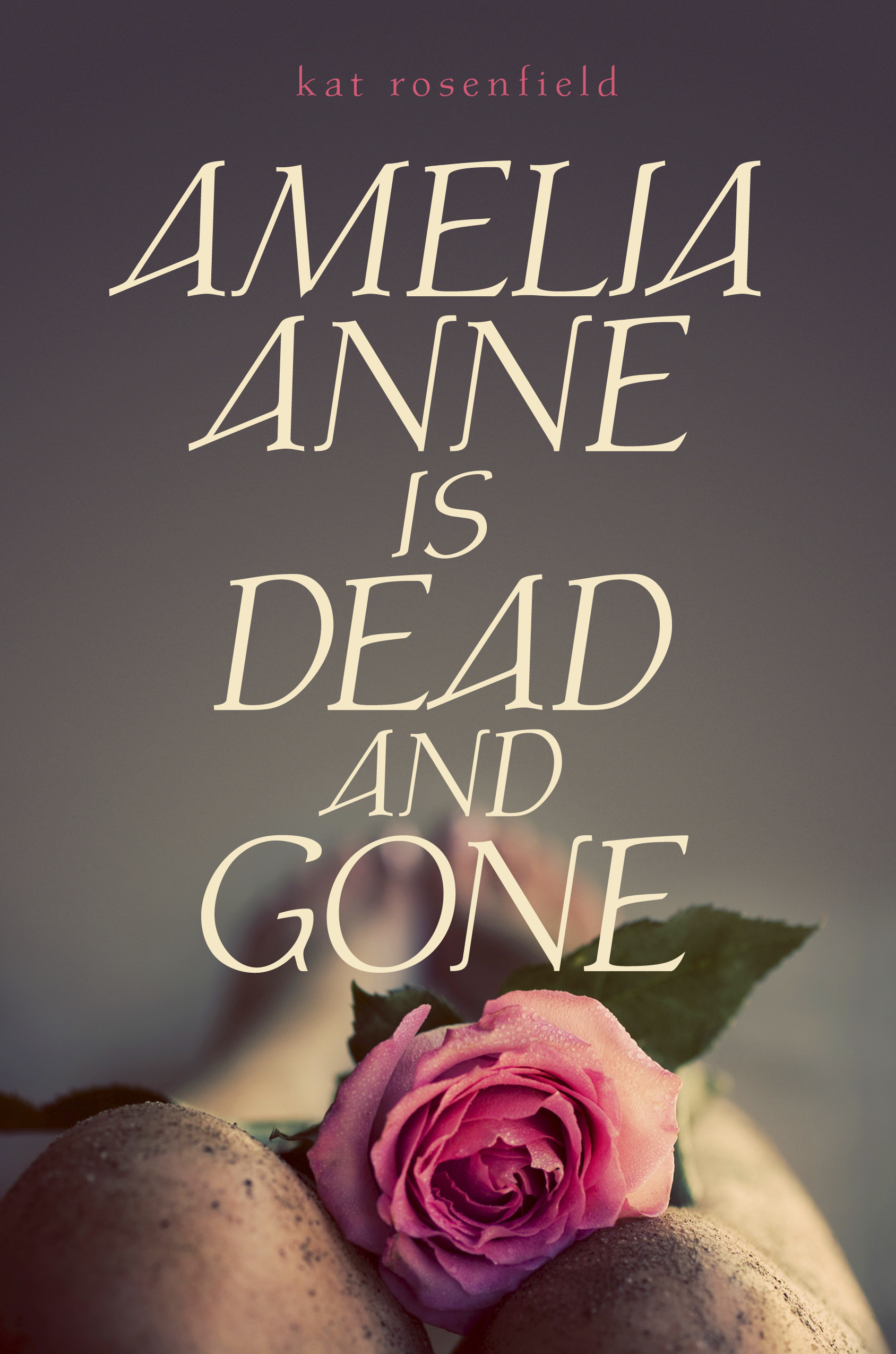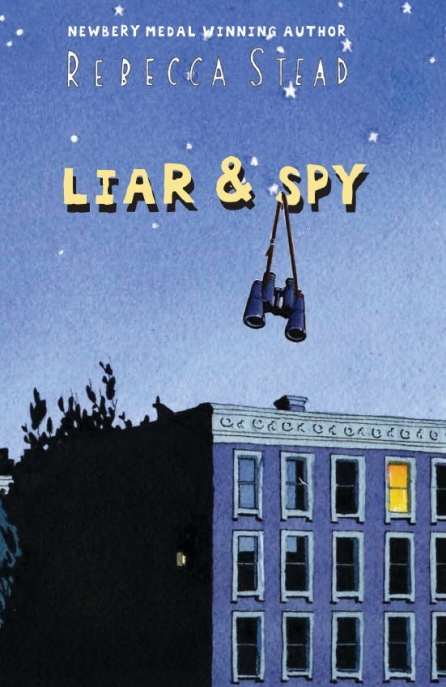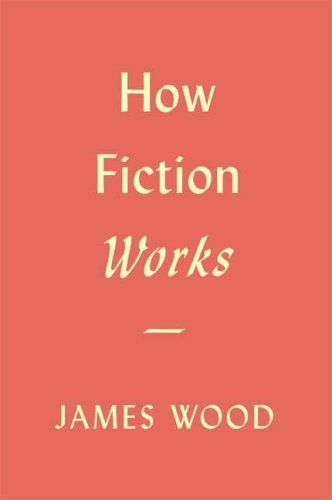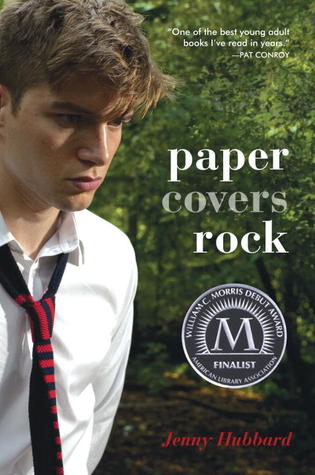This is a review in two parts.
Part #1 – Satire
I think I alluded to being a comedy sophisticate earlier this week. That was probably a lie. I probably just like the comedy I like and the comedy I don’t understand, I poo-poo. Tim and Eric, for example – supposedly quite funny according to comedy “experts” and friends alike… but I can’t stand it.
Take also for example, Penelope by Rebecca Harrington. Although almost nothing at all like Tim and Eric, I read this novel that is supposedly a biting satire of Harvard undergraduate social conventions and felt the same “Uh, I just don’t get this” feeling. Harrington’s heroine, Penelope, is a new freshman straight from the suburbs of Connecticut. Penelope’s “thing” is that she is unaware of social norms to the point of Aspergers, and she has only the vaguest, almost-academic interest in interacting with other humans. She discusses Agatha Christie novels with monied 19-year-olds at exclusive parties while accidentally drinking herself under the table, doesn’t notice her earnest neighbor’s advances but somehow allures herself into a friends-with-benefits relationship with a SUPER-monied, SUPER-elite monied playboy, and otherwise bumbles around this book seeming alternately cute and oblivious and vaguely mentally ill.
This is all supposed to be funny, but uh, I just don’t get this. If you want a top notch college satire, pick up Tom Wolfe’s I Am Charlotte Simmons – it’s about a hundred times more subtle, complex, and compelling.
Part #2 – New Adult?
This is a book populated almost entirely by 18-year-olds. If the book had taken place three months earlier in time, this would be a YA novel. Or maybe not even that – take the 2010 YA book The Ivy. An assortment of college freshmen from various walks of life arrive in Cambridge and learn to social climb, led by one protagonist who is particularly normal and thus able to observe the absurdities of monied 19-year-olds, put these absurdities in relief, and then tug on the reader’s emotions when the protagonist loses her strong sense of self and begins to become absurd herself.
Anyway, I didn’t really like Penelope, but I liked The Ivy, I think precisely because The Ivy is YA. The Ivy isn’t a fine work of literary fiction by any means – it’s fluff, but it’s not trying to be literary. It’s satire, but it’s not trying to be satire. And also, throughout The Ivy, I actually cared about the protagonist and wanted her to succeed, even in her silly mission to oust popular mean girls and find a boyfriend. In Penelope there is this distance, like the author and the reader are just meant to observe Penelope and her silly 18-year-old self, to laugh at her, to poke fun at youth.
This is maybe the problem I had with Dare Me, except exaggerated because of the satire.
But for what it’s worth, maybe Harrington’s over the top exaggeration isn’t quite so exaggerated as I think – about halfway through the book, I observed that silly Penelope and her strange mannerisms, habits, and complete lack of self-awareness… and thought that maybe another academic observer might have thought College Jessica to be just as odd a bird. So it’s quite possible that this is a work of genius, a work of satire, and I am just a clod who likes what I like, and that is mostly young adult.
